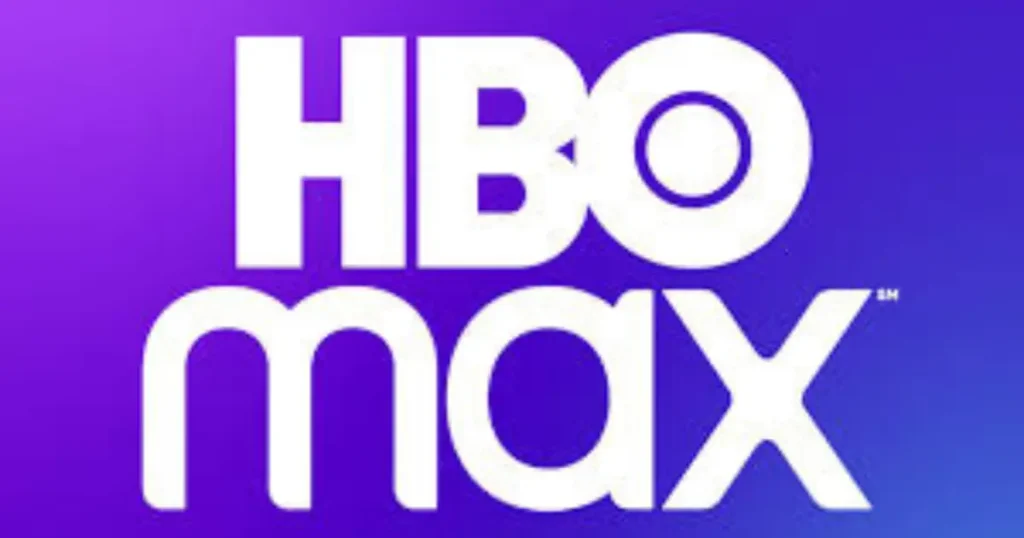In the ever-evolving landscape of digital entertainment, the transition from HBO to Max has been a topic of curiosity and speculation among avid viewers. This shift, while unexpected for some, is a strategic move by HBO to revolutionize its streaming platform and cater to the changing dynamics of consumer preferences. In this comprehensive article, we will delve into the reasons behind HBO’s transformation into Max, exploring the key factors that led to this shift and the implications for viewers.
Table of Contents
The Dynamic World of Streaming Services
The advent of streaming services has transformed how we consume content, and HBO, a longstanding player in the industry, recognized the need to adapt. As the digital realm became saturated with competitors, HBO sought to reposition itself by embracing the future of entertainment through Max.
Understanding the Shift: A Strategic Rebranding
1. The Competitive Edge:
The entertainment industry is marked by intense competition, with streaming giants vying for the top spot. HBO’s decision to rebrand as Max reflects a strategic effort to stay ahead of the curve. By incorporating the latest technologies and trends, Max positions itself as a comprehensive entertainment hub, offering more than just traditional HBO content.
2. Broadening Horizons:
Max isn’t just a name change; it signifies a broader approach to content. The rebranding allows HBO to expand its library beyond traditional programming, incorporating a vast array of films, series, and exclusive content. This move is driven by the understanding that modern audiences crave diversity and options, and Max aims to be the one-stop destination for all their entertainment needs.
The Technological Leap: Embracing Innovation
1. Enhanced User Experience:
In the digital age, user experience is paramount. Max introduces a cutting-edge platform designed to provide viewers with a seamless and immersive experience. The incorporation of advanced streaming technologies ensures high-quality visuals and an intuitive interface, setting it apart from its predecessor.
2. Technological Synergy:
The transition from HBO to Max involves more than just a name change; it represents a technological synergy. By integrating state-of-the-art features, such as 4K streaming, personalized recommendations, and interactive interfaces, Max aims to captivate users and keep them engaged for extended periods.
Consumer-Centric Approach: Meeting Audience Demands
1. Diversification of Content:
In the era of content abundance, viewers seek platforms that offer a diverse range of options. Max recognizes this demand and responds by not only retaining HBO’s acclaimed content but also introducing a myriad of additional choices. From classic movies to exclusive original series, Max becomes a content reservoir catering to a wide spectrum of tastes.
2. Audience Personalization:
Understanding that each viewer is unique, Max employs sophisticated algorithms to personalize recommendations. By analyzing viewing habits and preferences, the platform tailors content suggestions, enhancing the overall user experience. This personalized touch fosters a deeper connection between viewers and the platform.
The Transition Journey
1. Seamless Account Migration:
For existing HBO subscribers wondering about the transition, the process is remarkably smooth. Max offers a seamless account migration, ensuring that users retain access to their favorite content without any disruptions. This transition is a testament to Max’s commitment to user convenience.
2. Updated Interface Navigation:
As part of the rebranding, Max introduces an updated interface that is both intuitive and visually appealing. Navigating through the extensive library is made easier, allowing users to discover new content effortlessly. The transition marks not just a change in name but a comprehensive makeover aimed at enhancing the overall user experience.
Why Choose Max: Convincing the Skeptics
While change can be met with skepticism, there are compelling reasons why viewers should embrace the transition to Max.
1. Unparalleled Content Variety:
Max offers a diverse range of content, far beyond what HBO alone could provide. From timeless classics to the latest releases, the platform caters to all tastes, ensuring that there’s something for everyone. This extensive library becomes a compelling reason to make the switch.
2. Enhanced Streaming Quality:
With technological advancements at its core, Max promises an unparalleled streaming experience. From 4K resolution to high-fidelity audio, viewers can immerse themselves in content like never before. This commitment to quality positions Max as a frontrunner in the streaming arena.
3. Personalized Recommendations:
The era of generic content suggestions is over. Max leverages advanced algorithms to curate personalized recommendations based on individual preferences. This level of personalization ensures that users are continually discovering content tailored to their liking.
Conclusion: A New Era of Entertainment with Max
In conclusion, the transformation from HBO to Max marks a pivotal moment in the evolution of digital entertainment. The rebranding is not merely cosmetic but represents a strategic move to stay relevant in a highly competitive landscape. By embracing innovation, diversifying content, and prioritizing the user experience, Max emerges as a comprehensive entertainment platform poised to capture the hearts of viewers worldwide.
As we navigate this transition, it’s essential to recognize the exciting possibilities that Max brings to the table. Whether you are a longtime HBO enthusiast or a newcomer to the streaming scene, embracing Max is not just a change; it’s an invitation to embark on a new era of entertainment. So, take the leap, explore the vast world of Max, and redefine the way you experience digital content.
Frequently Asked Questions (FAQs) related to the transition from HBO to Max:
1. Why did HBO change to Max?
HBO transitioned to Max as part of a strategic rebranding effort to stay competitive in the evolving streaming landscape. The shift allows Max to offer a broader range of content and enhanced technological features to meet the changing preferences of viewers.
2. What additional content does Max offer compared to HBO?
Max offers a diverse array of content beyond traditional HBO programming. This includes an extensive library of classic movies, exclusive original series, and a wider range of options to cater to varied tastes and preferences.
3. How can existing HBO subscribers migrate to Max?
Existing HBO subscribers can seamlessly migrate to Max without disruptions. The transition involves a smooth account migration process, ensuring that users retain access to their favorite content on the new platform.
4. What technological advancements does Max bring to the streaming experience?
Max introduces advanced streaming technologies, including 4K streaming, personalized recommendations, and an interactive interface. These features aim to enhance the overall user experience, offering viewers high-quality visuals and a more immersive streaming environment.
5. How does Max personalize content recommendations for users?
Max employs sophisticated algorithms to analyze individual viewing habits and preferences. By doing so, the platform curates personalized content recommendations for each user, ensuring that the suggested content aligns with their unique tastes and interests.










